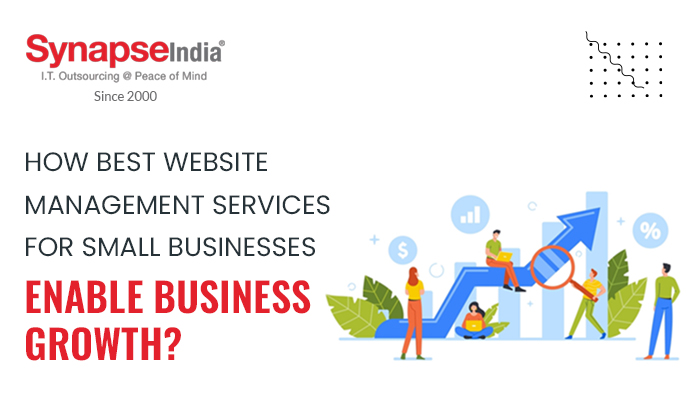 15 Mar 2024
15 Mar 2024
Mobile applications, that provide ease, accessibility, and user experiences. Now mobile app development has become an essential part of our everyday lives in today's fast-paced digital landscape. However, there are particular difficulties in creating and implementing mobile app development. The apps include quick iteration cycles, a variety of device ecosystems, and changing user expectations. Organizations are using DevOps approaches more frequently to fulfill the demands of the contemporary mobile industry and handle these issues.
The development of DevOps in Mobile App Development is being completely transformed by DevOps. It is a collaborative methodology that unites development (Dev) and operations (Ops) teams. DevOps accelerates time-to-market, improves app quality and performance, and streamlines development operations by promoting continuous integration, continuous delivery, and automation. In this blog, we will study the revolutionary effects of DevOps on mobile app development. Also, we will reveal how it fosters creativity, effectiveness, and agility in the landscape of mobile app development.

The term "mobile devops" is the application of DevOps processes and ideas to the creation, implementation, and upkeep of mobile applications. It includes a collection of procedures, instruments, and techniques designed to ensure excellent quality, security, and user pleasure while expediting and optimizing the mobile app development lifecycle. Let's understand a few aspects of mobile devops:
Integrating code updates into a shared repository automatically in few times a day. This enables developers to identify and fix integration problems early in the development cycle.
Ensuring that new features and updates can be sent to users in a timely and effective manner requires automating the deployment of code changes to several environments, including development, testing, staging, and production.
Using automated testing frameworks and tools to carry out thorough testing, including unit, integration, and user interface testing, of mobile app development on various platforms, devices, and settings.
Managing and tracking source code changes with version control systems, like Git, to facilitate developer collaboration and guarantee code repetition, traceability, and stability.
With some analytics and monitoring technologies in place to gather data in real time on user behavior, app performance, and mistakes, developers can better understand problems, prioritize feature development based on user feedback, and uncover issues with their apps.
Streamlining the processes of creation, testing, and deployment, DevOps makes it possible to release new features and updates for mobile app development. Consumers can get more frequently and faster, cutting down on time-to-market and boosting competitiveness.
Organizational silos and fostering a culture of shared ownership and responsibility. DevOps encourages cooperation and communication between the development, operations, and quality assurance teams, resulting in more efficient workflows and increased productivity.
DevOps improves app quality, stability, and dependability by automating testing procedures and putting continuous integration and continuous delivery (CI/CD) pipelines in place to help find and fix problems early in the development cycle.
Development teams can concentrate on innovation and value-added activities when manual labor and repetitive processes are reduced through DevOps automation. Furthermore, DevOps methods help DevOps in the Mobile App Development scale, making it possible for them to efficiently manage rising traffic and user demand.
DevOps promotes a feedback-driven development methodology in which developers get input from users and stakeholders in real time. This allows them to swiftly iterate, fix problems, and make continual improvements to the app depending on user preferences and needs.
Organizations are better positioned for success in the cutthroat mobile app development market when DevOps is used in mobile app development. This results in faster delivery, higher quality, increased efficiency, and better user pleasure.

DevOps has a significant and wide-ranging influence on quickening the development of mobile applications. DevOps approaches transform traditional development workflows by promoting collaboration, automation, and continuous improvement. Furthermore, through resource optimization, cost reduction, and ROI maximization, DevOps enables businesses to maintain their competitiveness in the quickly changing mobile app development market. DevOps will continue to be essential for propelling innovation and success in the digital age as mobile app development develops.

 06 Jan 2023
06 Jan 2023
